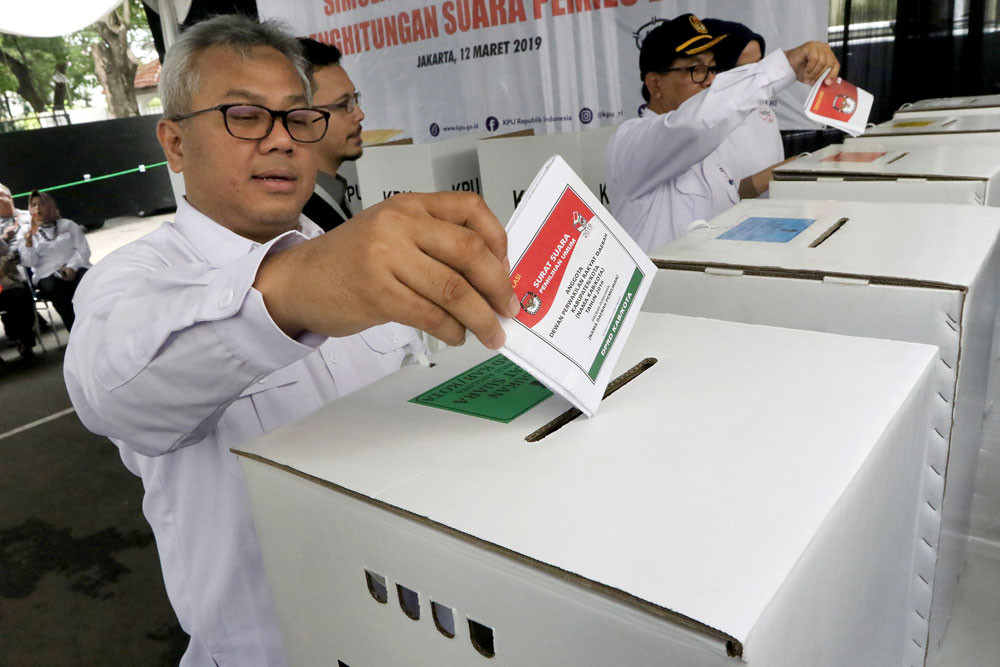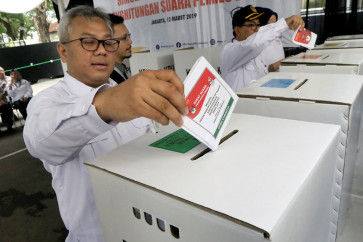Popular Reads
Top Results
Can't find what you're looking for?
View all search resultsPopular Reads
Top Results
Can't find what you're looking for?
View all search resultsPolitics without romance, choices without benevolence
“It is not from the benevolence of the butcher, the brewer, or the baker that we can expect our dinner, but from their regard to their own interest,” wrote Adam Smith in The Wealth of Nations ( 1776 ). Smith conveyed an assumption that individuals interacting in the marketplace are driven by the pursuit of rational self-interest.
Change text size
Gift Premium Articles
to Anyone
“It is not from the benevolence of the butcher, the brewer, or the baker that we can expect our dinner, but from their regard to their own interest,” wrote Adam Smith in The Wealth of Nations ( 1776 ). Smith conveyed an assumption that individuals interacting in the marketplace are driven by the pursuit of rational self-interest. It does not mean that individuals are not concerned about others or cannot act generously, but their central motive a concern about the costs and benefits for themselves.
Self-interest assumption is used in economics to analyze human interactions not only in private markets, but then also in other areas, including politics. In 1957, economist Anthony Downs introduced the theory of rational choice to explain individuals’ participation in politics. Another economist, James M. Buchanan, was the architect of public-choice theory since Calculus of Consent ( 1962 ), a book he coauthored with Gordon Tullock.
Economic theory on politics challenges the belief that politics runs merely based on ideology or ideas. Instead, it argues that self-interest explains the inner workings of a political system akin to the market mechanism. The theory uses equal assumption about human behavior in private and public setting and replaces romantic and illusionary beliefs about politics with more realistic ones. Individuals act within their own self-interest, and hence voters, politicians and public officials use self-interest to influence and make collective choices. Buchanan labeled the approach “politics without romance”.
Divorcing romanticism and engaging the rationalism of self-interest could review the efficacy of collective choices in a democratic country like Indonesia. The democracy creates freer political system but more complex collective decision making.
The complexity started with direct elections for members of parliament and the head of governments at local and central levels. Ideally, elections are measures of public interest. In reality, elections are competitions between the contesting self-interests of voters and politicians.
Reconciling diverse self-interest is a tall order. There is no way to reunite voters who, for instance, want religionism with those who prefer secularism, or those who want more highways with those who prefer more public funds spent on health care. These competing and conflicting interests cannot be consolidated into any feasible single measure of public interest.


















